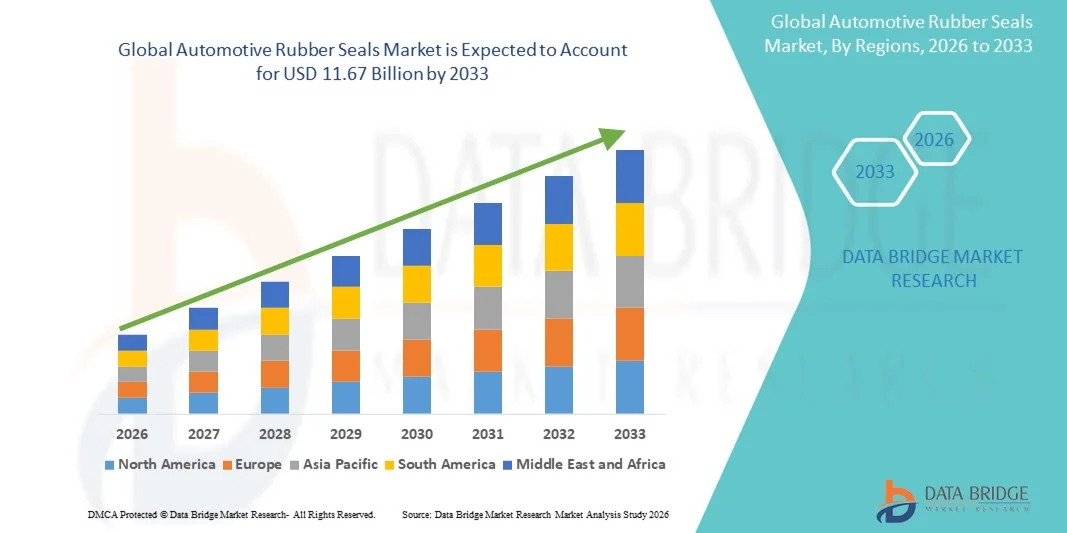Deciding between a new or used car is one of the most important choices for any buyer, especially beginners. Each option offers distinct advantages and drawbacks, and what suits one person may not be the best fit for another. To make the right decision, it’s essential to understand the differences in cost, reliability, features, and long-term value. This blog will help you weigh the pros and cons of new and used cars so you can choose the one that aligns best with your lifestyle, needs, and budget.
The Advantages of Buying a New Car
Buying a new car often appeals to buyers looking for the latest technology, safety features, and peace of mind. New cars come with full warranties that cover repairs and maintenance for several years, reducing unexpected expenses. The condition of a new car is pristine, with no previous owners or hidden damages, which can provide a great deal of confidence in reliability.
Additionally, new models often incorporate the latest innovations in fuel efficiency, environmental standards, and connectivity features. If having the Newest Car gadgets and a modern driving experience matters to you, a new car will likely be more satisfying.
However, new cars come with a higher upfront cost and steep depreciation in the first few years. The moment you drive a new car off the lot, its value drops significantly, which can be a disadvantage if you plan to sell it soon.
The Benefits of Buying a Used Car
Used cars are usually more affordable, making them attractive for buyers who want to minimize upfront expenses. Because the initial depreciation has already occurred, used cars tend to hold their value better over time. This can be especially beneficial if you plan to resell the vehicle later.
With a used car, you can often afford a higher-end model or a car with more features within the same budget as a basic new car. Insurance premiums for used vehicles are generally lower, which helps reduce overall costs.
On the downside, used cars come with potential risks such as unknown mechanical problems, higher maintenance needs, and limited or no warranty coverage. Buyers must be diligent in researching, inspecting, and sometimes repairing used cars.
Lifestyle Considerations
Your personal circumstances and lifestyle should heavily influence your choice. For instance, if you commute long distances daily or drive frequently, reliability and fuel efficiency become crucial. New cars, with their warranties and advanced engineering, may offer fewer breakdowns and better mileage.
Alternatively, if you only need a car for occasional use or shorter trips, a used car might serve your needs perfectly without the higher cost. Families on a budget or young buyers often prefer used cars because of the savings and flexibility.
Financial Factors to Weigh
Budget is often the deciding factor. New cars require a larger investment upfront and may come with higher loan payments and insurance costs. However, financing options for new cars can sometimes be more attractive, including lower interest rates or manufacturer incentives.
Used cars have lower purchase prices and insurance costs but may require more maintenance, which can add up over time. It’s important to calculate the total cost of ownership—including fuel, insurance, maintenance, and depreciation—before making your choice.
Resale Value and Long-Term Planning
If you plan to keep your car for many years, buying new might be worthwhile despite the depreciation because you’ll benefit from the full lifespan of the vehicle. Conversely, if you want to upgrade every few years, buying used can save you money by avoiding the initial value drop.
Certified pre-owned programs offer a middle ground, providing used cars with manufacturer warranties and thorough inspections, combining some benefits of new and used vehicles.
Conclusion
Neither new nor used cars are inherently better—they simply serve different needs. Your choice should reflect your financial situation, lifestyle, and preferences. By carefully considering the advantages and disadvantages of each option and thinking about your long-term plans, you can make a decision that you’ll be happy with for years to come. Whether you opt for the latest model or a trusted used car, the right vehicle can open the door to new opportunities and experiences.







